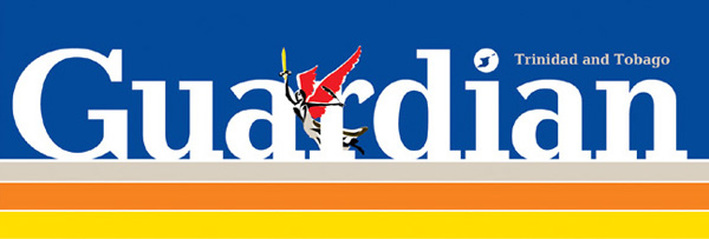In the case of sexuality, criminal law in T&T has been and is currently deployed to determine what is “normal” sexual behaviour—heterosexuality—and what is “deviant” sexual behaviour—homosexuality, or more correctly same-sex desire. Far more punitively than the cultural codes of morality and religion, the law labels, stereotypes and polices particular sexual identities as unnatural. This construction of our social reality by the State makes invisible certain facts about the history of sex and sexuality.
For example, sexuality studies has shown the actual categories of “heterosexuality” and “homosexuality” do not exist in nature or in ancient sources, and were invented by western society in the mid-19th century. The scientific reality is that all consenting human beings desire and can engage in a wide variety of sexual behaviour. Put most bluntly, we are all bodies with physical functions and desires.
It is culture and the law, among other things, that police our understandings of which of these functions and desires are somehow more “natural” and acceptable than others. In a 1994 article called Not Just (Any) Body Can Be A Citizen, Jacqui Alexander pointed out that T&T and some other nation states use the law to make sexual inscriptions on all our bodies.
A national through birth, she was not an equal citizen because, since she identified as a lesbian, the justice system labelled her a criminal, an outlaw in her own country. Such outlawing is achieved in many ways, the most blatant is through legislative gestures such as criminalising forms of non-procreative sex. In this way, the State can police people’s intimate behaviours and criminalise consensual acts between adults in private.
This raises the question: should the State even be allowed into the bedrooms of consenting adults? Section 13 of the Sexual Offences Act, written in 1986 and amended in 1994 and 2000, is an obvious example of this state over-reach. It outlaws, criminalises and makes punishable by imprisonment of 25 years, private sexual acts between consenting male adults. It also criminalises anal sex between consenting male and female adults.
Another more subtle law is Article 8 (18/1) of the Immigration Act, which states “homosexual” men and women are not allowed to enter the country, as if they aren’t equally men and women. Successive governments have also reinforced these laws by passing strong verbal criticisms of any organisation or person who supports the repeal of laws criminalising consensual gay relations. For example, in 2000 the then Attorney General suggested that the existence of such a law was not a human rights issue.
Simply put, criminalisation is a technique of power owned by the State. In T&T and elsewhere, it is used to imagine a nation and reconstruct a self, so that citizens are specifically heterosexual, or at least view heterosexuality as “natural.” Another justice system technique connected to sexuality and used by the State is discriminatory policing, involving the selective enforcement of certain laws to target members of the gay community.
Connected to this discrimination is the way police officers routinely fail to take seriously, to make reports on and to investigate crimes reported by the LGBT community, including allegations of homophobic attacks. Another discriminatory practice is the exemption clauses of legislation like the one contained in the 1999 Equal Opportunities Bill. Designed to legally enforce the right to non-discrimination, the bill contains a clause designed to exclude non-heterosexual individuals from its protections.
For example, according to the act, kissing or holding hands in public between members of the same sex can be deemed offensive behaviour toward other groups and people in society. We don’t individually criminalise sexuality; the State does. And the State is always a collection of actors with particular historical interests.
We think we make up our own minds about who is allowed equal citizenship in society but law and morality discipline us too, meaning that the State naturalises inequality between citizens, ensuring some humans have more rights and respect than others.
http://www.guardian.co.tt/columnist/2013-05-06/sexuality-and-state

 RSS Feed
RSS Feed